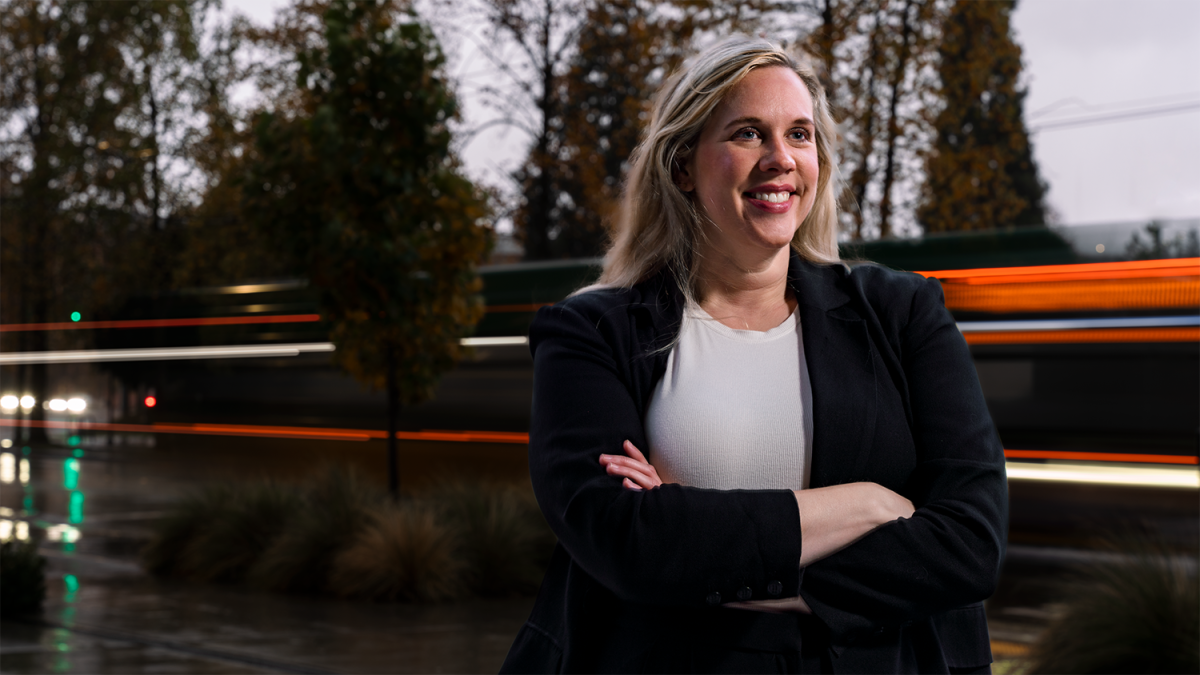When Marissa Baker introduces the field of occupational health to her undergraduate students, she asks them to think of a job they or someone they know has had, and what they didn’t like about the job.
The answers are rarely about the physical safety of a job. Rather, the things they didn’t like are almost always about working long hours, being unfairly compensated or being underappreciated.
This kind of workplace exposure—or what Baker calls psychosocial exposure—is something Baker studies as an assistant professor in the UW Department of Environmental & Occupational Health Sciences (DEOHS) in the School of Public Health.
Many workers' biggest concerns have to do with their mental health, stress and well-being. While federal laws exist to protect workers from physical and chemical hazards, protecting against psychosocial hazards in the workplace can be more challenging to identify and address.
“How we are treated at work can really impact how we feel about ourselves, our job and our mental health and well-being,” Baker said.
Protecting rideshare drivers, maritime workers and more
Baker works with a wide range of communities, from female construction workers facing gender bias to maritime workers struggling with stigma around mental health. Her research process involves listening closely to those communities, updating her methodology to support their needs and working with them on the research findings so solutions can be easily understood and implemented.
For example, when Baker was conducting a survey with app-based rideshare drivers, she learned that during the pandemic, they were not receiving adequate compensation for personal protective equipment (PPE) and cleaning supplies.
Baker shared these findings with the Seattle City Council, which had already been working on a plan to improve the drivers’ wages. The council passed a bill with funding for PPE and cleaning supplies for drivers after Baker had raised the issue in her testimony and found important from her research. The Washington State Legislature passed a similar bill informed by the Seattle City Council’s actions, amplifying the reach of Baker’s research.
Putting research into practice
Baker also collaborates with workers to hold town halls to discuss the findings, gives presentations to employee groups and prepares reports that uses simple, everyday language rather than the academic jargon commonly found in research papers.
“In public health, everything we are doing is research that will be translated into practice, either now or as it gets built upon,” Baker said. "Part of doing responsible research with people is to ensure you discuss what you found and hopefully have an opportunity to work with them to prioritize next steps.”




